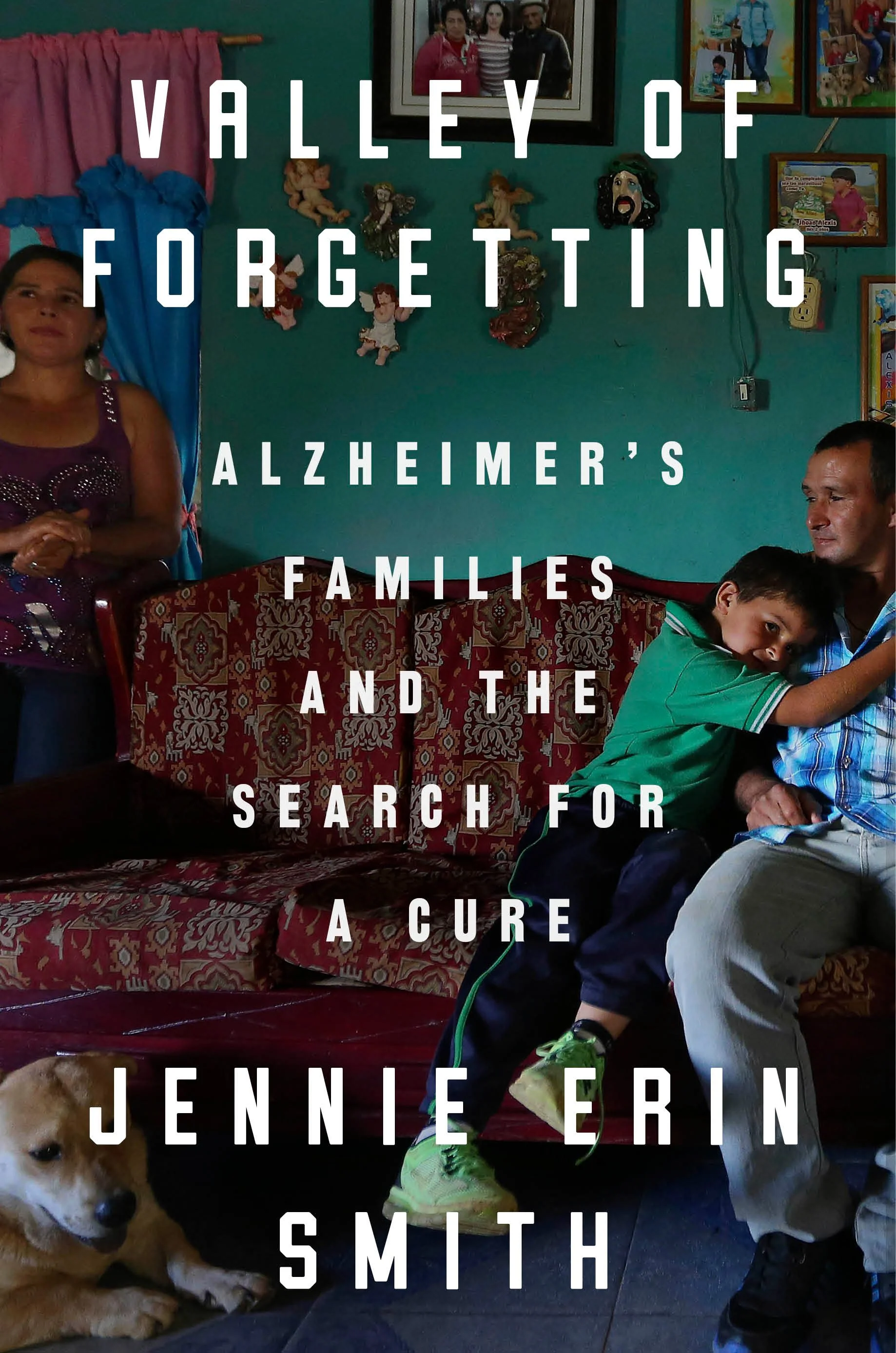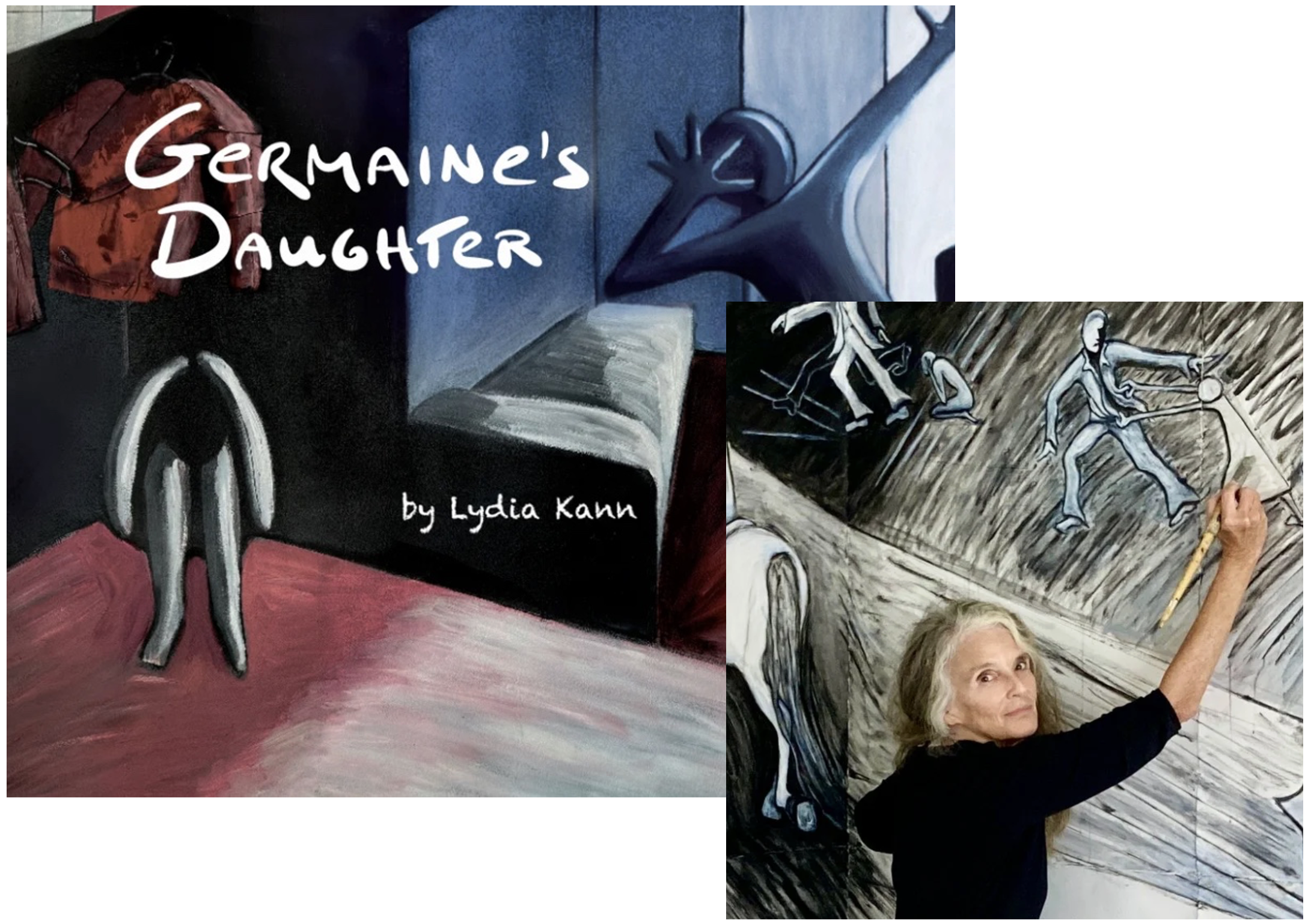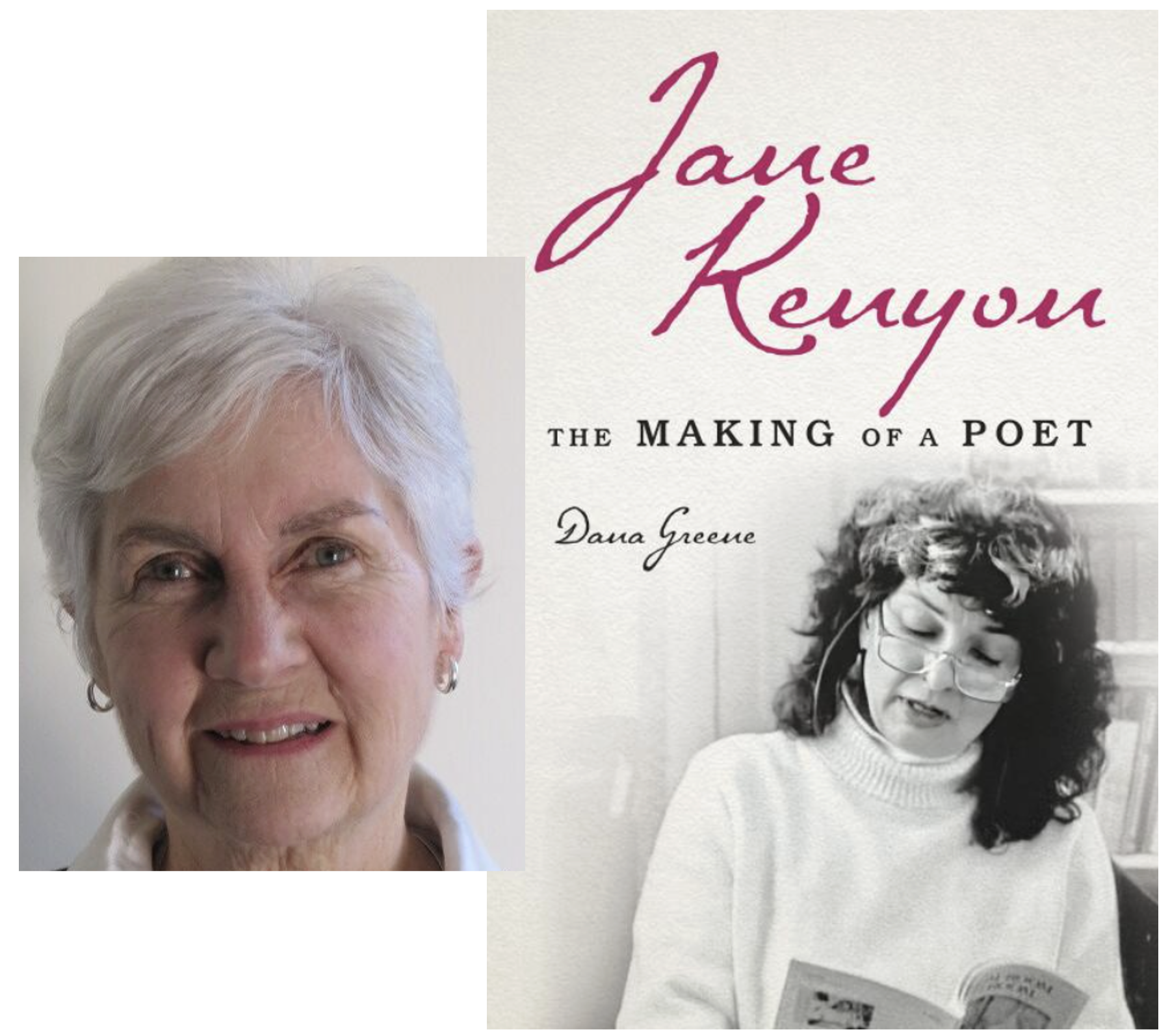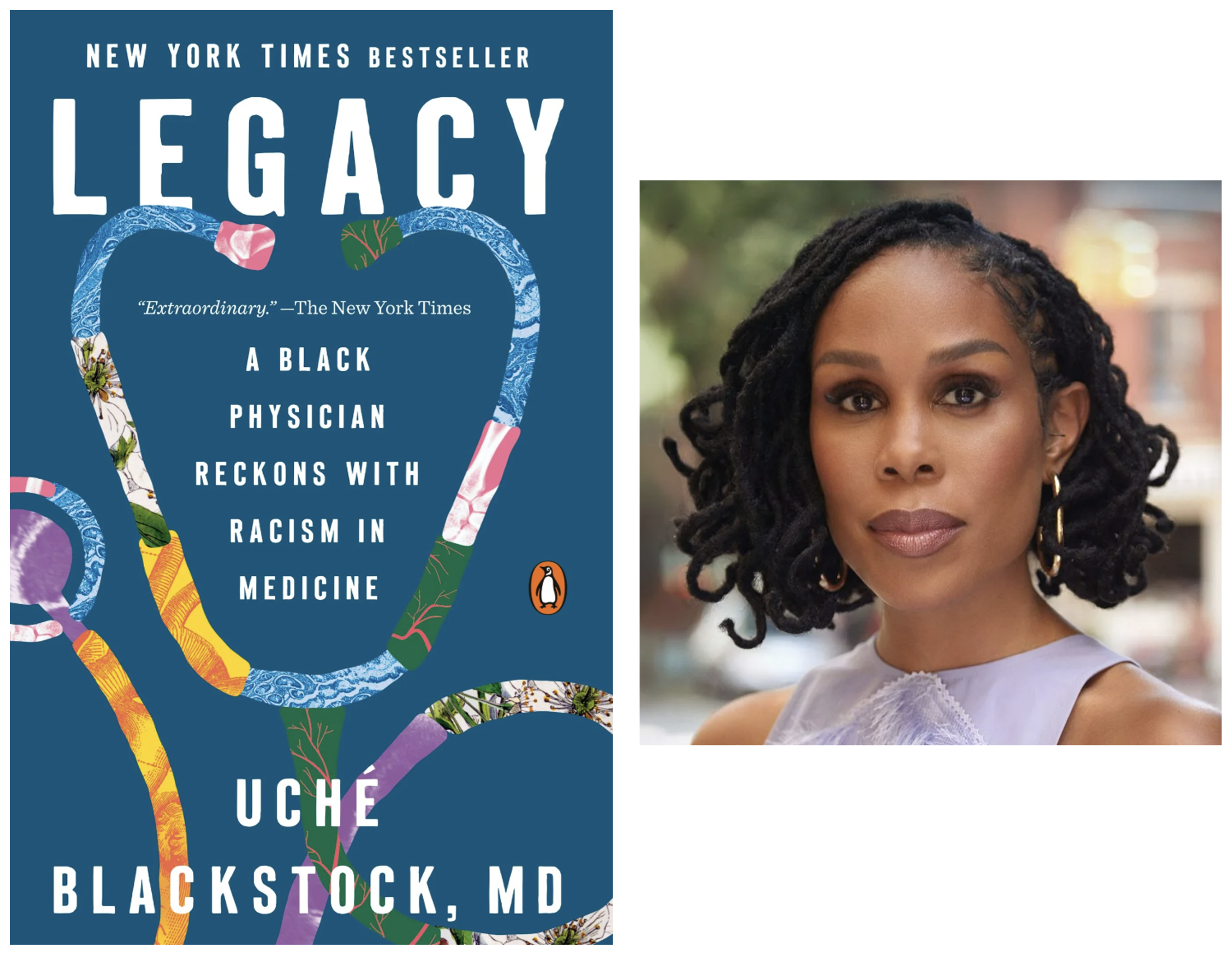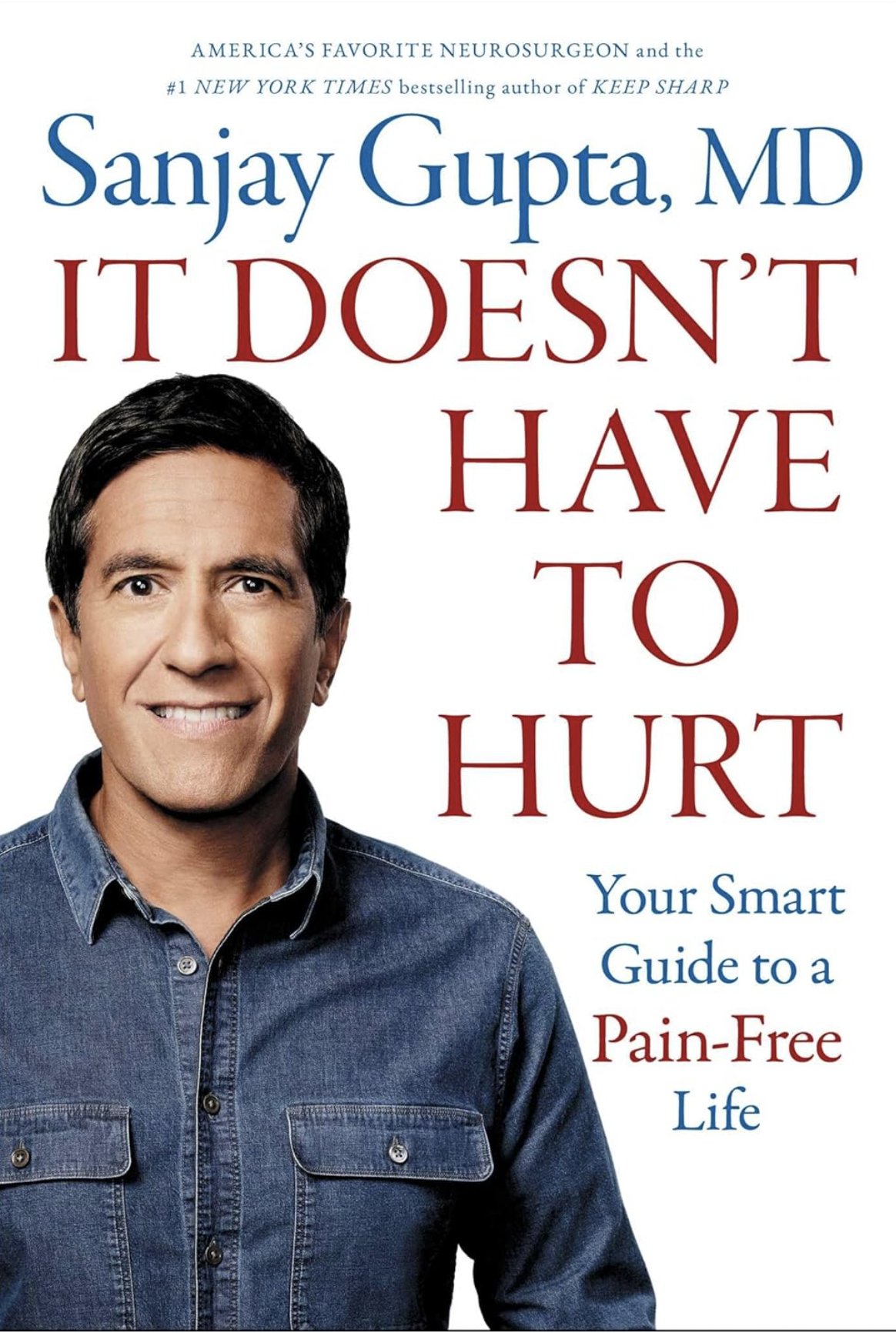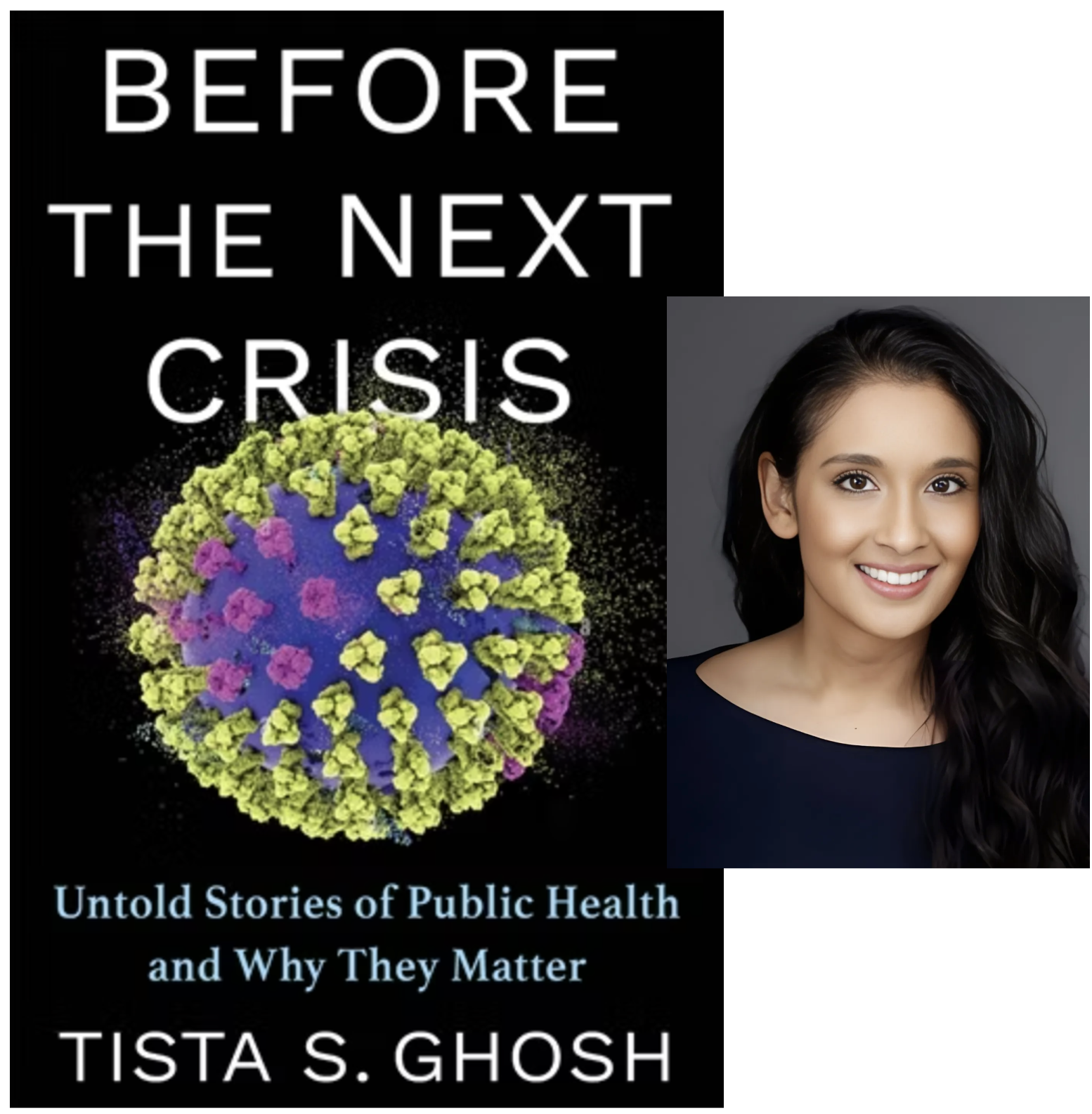In December 2022, novelist, screenwriter (My Beautiful Launderette) and playwright Hanif Kureishi was at his girlfriend Isabella’s apartment in Rome when he had a fall after fainting due to a change in blood pressure. Because of how he landed, he ended up hyperextending his neck resulting in immediate tetraplegia. His memoir Shattered (Ecco, 2025) is his account of the following year he spent in various hospitals and rehabilitation centers as he tried to understand how he would live moving forward, as the accident reshaped his view of himself and his body, especially what that means for him as a writer.
Throughout the book, Kureishi has the reactions one would expect from a life-changing event such as his. He cycles through Kübler-Ross’s stages of grief, though he never reaches acceptance (he has moments of hope, though), and he spends most of his time in anger and depression. Kureishi shares moments of disbelief—how waking up (when he’s able to get a few hours of sleep) can be the worst moment of the day, when he realizes all over again what has happened to him. It’s like “re-entering a horror movie that I had thought, for a moment, I could turn off.” He sometimes suffers from envy, especially when friends who visit him talk about going on vacation and he recalls what it’s like to travel with such ease.
He doesn’t say much about the care he receives, but that’s mainly because of the boring routines of a long hospital stay. Early in the book, he does provide details, even interjecting humor to his description of receiving an enema, but once he’s established that routine, he shifts his focus away from the medical descriptions. Similarly, given that he moves through five different hospitals/rehabilitation centers, he doesn’t truly get to know the people who care for him. Not only that, he notices the turnover in the staff, which prevents him from knowing them more fully. That’s a frustration for him, as he seeks to build relationships in a place where he’s spending several months of his life.
Empathy plays a part in how he sees his caregivers, as he reflects on all they do for him and how they see their job as a calling, despite the long hours and low pay. The experience is as humbling as it is existentially exasperating: He learns how to ask for help, as he has lost the ability to do anything for himself. Kureishi makes a clear contrast between the hospital in Italy, where he spends the first five months, and the various locations in England, which range from grim to adequate. There’s an implied criticism of the British National Health Service, but he never comes out and skewers it directly. As an American reader, I couldn’t help but wonder how much all of his care would have cost in the U.S. system and how somebody who makes their living as a writer would be able to afford it, even with insurance.
The main strength of Shattered consists of reflections on his identity after the accident. Early on, he writes: “I am a stranger to myself. I don’t know who I am any more. Someone new is emerging.” After ten months, he reflects, “I can feel my identity slipping, as if I am forgetting who I am and becoming someone else, or almost nothing. I never thought my identity would be scrubbed out or superseded by something else.”
Part of that change revolves around the idea of disability. He has gone from being a person who could function in a society built for those who are physically able to move around without assistance to somebody who requires help for every action they want to do. Daily activity becomes heightened for him: For example, Kureishi describes how those helping him eat either give him food too quickly or not quickly enough, a distinction most readers wouldn’t have thought about but one that makes perfect sense once one stops to consider it. For his return home to his house in London, a number of accommodations are needed, including adding a bathroom and bed to the main floor. The most mundane activities must be navigated with care. Kureishi chronicles, for example, the amount of attention he has to pay to the uneven quality of the sidewalks when he and one of his sons go to a pub.
He devotes a small amount of time to thinking about sex, as well as a discussion of psychoanalysis (which he has been in for decades), but not how he and Isabella will continue to have any type of intimacy. Instead, he talks about the sex he had in the past and his lack of interest in it now. He’s frank about it, even making Isabella uncomfortable in relating a story about a supposed orgy he was a part of (the story does not live up to that description), but he doesn’t seem concerned with it moving forward.
A Writer’s Life, Interrupted
Given how much of Kureishi’s life consists of writing, that part of his identity comes in for the most scrutiny. He wonders what life is like as a writer who is unable to pick up a pen and physically write. The only way he was able to compose Shattered, for example, was through dictation and the help of his family. It is telling that Kureishi begins writing this book within a couple of weeks after his accident, as his way of processing the world. In his first entry, dated 6 January 2023, he ends by saying, “I am speaking these words through Isabella, who is slowly typing them into her iPad. I am determined to keep writing, it has never mattered to me more.” One of the reasons his identity as a writer is so important is because it has provided him with an identity of his choosing, unlike the racial identity British society, especially his peers, put upon him when he was younger. After providing a list of words other people called him, he “found [his] own word, [he] stuck to it, and never let it go. It is still [his] word.” Some of the strongest sections of the book, certainly some of the best quotes, come from his thoughts about writing and being a writer.
Occasionally, he forgets the privilege he does still have as a male writer. He tells the story of one of his students who is working on a novel. Before giving a draft to an editor or agent, she asks a sensitivity reader to evaluate it to see if it contains anything that is offensive. Kureishi is appalled by such an idea and spends several pages talking about how writers of the 20th century would not have taken such an approach, that the point of literature is to transgress, especially writers such as Dostoevsky, Sylvia Plath, Jean Rhys, Céline, William Burroughs, Henry Miller, James Baldwin, Franz Kafka, and D.H. Lawrence, all of whom pushed boundaries and forced readers to see a wider world. He fails to notice that most of them are male—Rhys and Plath are the exceptions— and while there have been female writers who were literary disrupters, it has been (and continues to be) much more difficult for them to do so.
One other aspect of his identity that he explores is the nature of his body. He admits he hasn’t thought about his body much during his life, as he’s not an athlete and hasn’t suffered from any other significant ailments or injuries, but this accident has brought him more in touch with that body, even as it has become more of an object. At times, he talks about parts of his body as if they don’t belong to him, given his lack of control over them, but he’s also fascinated with what his body can and can’t do. His hands are of particular interest, given they are the conduit for his writing. He regularly mentions how he has given up any kind of embarrassment about his body, given how often people undress and wash and handle him, which causes him to see his body as more of an object, but also to appreciate the lack of judgment from those who do such work.
His list of acknowledgements is longer than for most books, given how many people have taken care of him. He spends some of the time in the book talking about the effects such care has taken on his family. His now-fiancée Isabella (they get engaged during the course of the book) has effectively given up her work as a PR agent for writers and festivals to be there for him, and his three sons work out a rotation of visits to help her. He describes the change that happened:
“Two weeks ago a bomb went off in my life which has also shattered the lives of those around me. My partner, my children, my friends. All my relationships are being renegotiated. It makes everybody a little crazy, it changes everything. There is guilt and rage, and people resent their dependence on one another and the fact they can’t do everything for themselves. My accident was a physical tragedy, but the emotional outcomes for all of us are going to be significant.”
He also talks about the wide variety of friends and even acquaintances who come to see him, with Isabella even joking about how busy his room often is. There are days where several people end up there at the same time, having lengthy intellectual conversations, much like they would have had in the past. On most of those days, he’s suffering too much to truly enjoy them, but it’s clear he noticed them, given that they show up in his account. He realizes that such an accident has taught him who his true friends are, and he reflects on when he might not have been as good of a friend as he should have. Like most of us, he resolves to be different moving forward.
I would be remiss if I neglected to mention the humor he works throughout the book, given the lack of jollity in his situation. He tells the story of a time before his accident when a nurse mistook him for Salman Rushdie—the author of Midnight’s Children and one of Kureishi’s friends—while a nurse was flipping him over, preparing to put a finger in his “backside.” Kureishi jokes that if he had written Midnight’s Children, he would have “gone private,” implying that he would be able to afford private care and wouldn’t be in such a public setting, given the threat on Rushdie’s life. When he relates a story about having a long conversation with a doctor in Italy about raising children, translations of Russian novels, the doctor’s performing surgery on a Mafia don, among other subjects, Kureishi ends by saying, “I have to say that becoming paralyzed is a great way to meet new people.”
The book ends with his going home to a different life, but one where he can still find some joy in the world. His book is not treacly or saccharine, as he doesn’t try to deliver any life lessons he’s learned along the way, nor does he end with any implication that moving forward will be easy. However, he has begun to try to see the small parts of life that will continue to provide happiness. In fact, he reflects on the collaboration of editing this book with his son Carlo and how much he has enjoyed that. Even if he doesn’t pick up a pen again, it’s clear Kureishi will find a way to communicate with the world around him.—Kevin Brown

